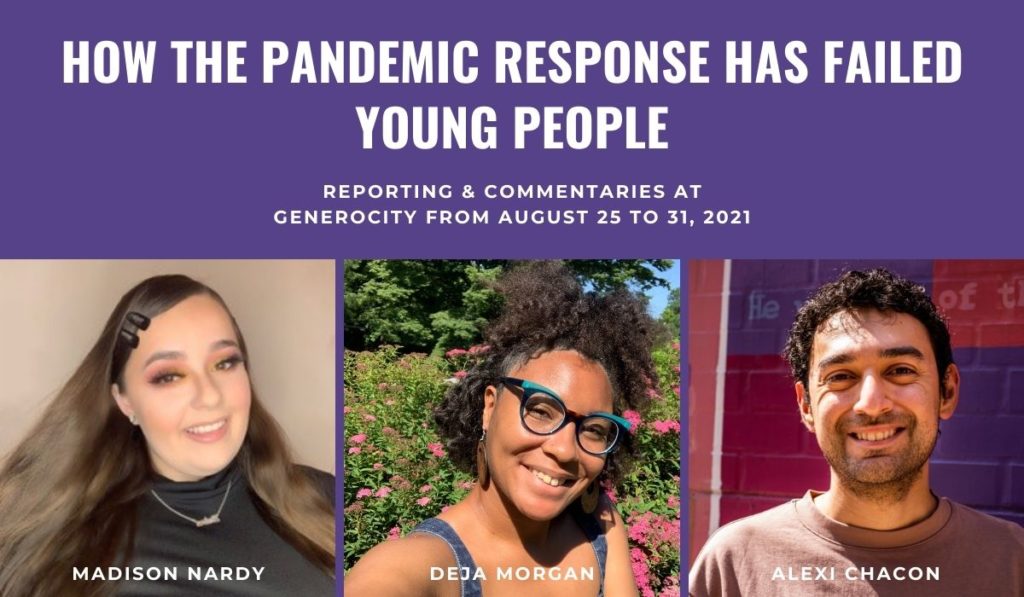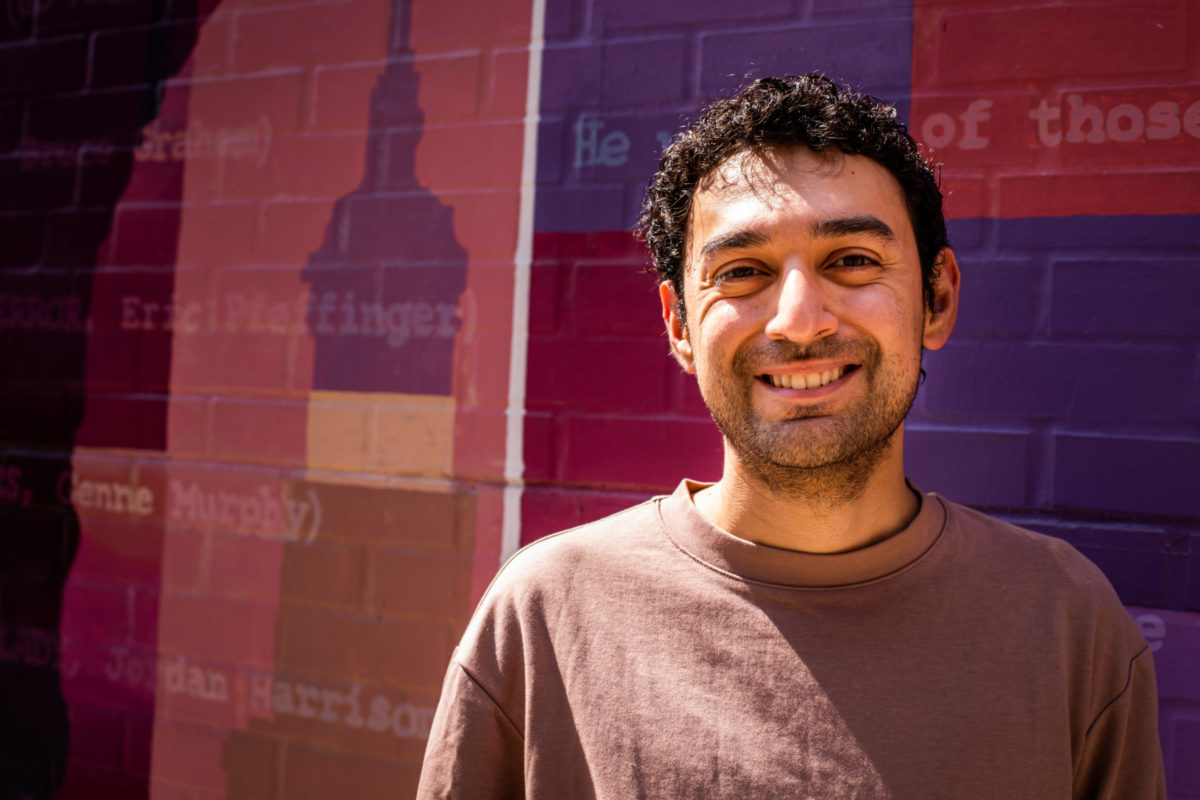How the pandemic response has failed young people: Student debt
 August 27, 2021
Category: Featured, Medium, Purpose
August 27, 2021
Category: Featured, Medium, Purpose
Disclosures
This guest column was written by Alexi Chacon, a member of the Youth Action Board of Community Legal Services.Debt scares me. My parents’ debt led to housing insecurity and financial insecurity. It’s those experiences that made me swear to myself that I would always be debt-free. Little did I know that this world is structured to ensure that the average individual is mired in debt.
There are many types of debt, but I took on student debt in order to pursue a graduate degree in social policy. I am not the only one. At the end of 2020, about 43 million U.S. borrowers owed nearly $1.7 trillion worth of student debt.
That debt is not spread equally, with Black graduates holding nearly $53,000 in student debt four years after graduation, nearly twice as much as their white counterparts.
I graduated into a pandemic saddled with debt.
I also graduated into a time of unprecedented expansion of the welfare state. Payments on federal student debt has been suspended until the end of this year. Freeing up that payment for me has meant being able to afford my living expenses while also being able to save some money. However, the dollar amount of my student loan debt looms in the back of my mind, when required payments start again.
I wrote about student debt in the Youth Justice Project’s policy report because I wanted to express my support for the debt abolition movement. The movement’s main premise is that the President of the United States has the authority to cancel student debt entirely with his signature.
President Biden has expressed support for canceling student debt but has now not made good on his campaign promises. Instead, Biden is approaching debt cancellation piecemeal, with his administration announcing that they will cancel debt for those with severe disabilities. Although this will impact over 300,000 Americans, there are undoubtedly individuals who will fall through the cracks.
Complete and total debt abolition is needed, not a piecemeal solution.
Local policy has a role to play in both canceling student loan debt and making public higher education affordable so that individuals do not once again put themselves in a hole of debt.
Canceling today’s debt does little for the debt owed by future generations of students. To start, local and state governments should begin to develop and launch their own debt forgiveness programs. The Opportunity Maine Tax Credit makes student loans a fully reimbursable tax credit. Additionally, Kansas provides student debt repayment assistance for those who live in one of 80 counties designated as Rural Opportunity Zones.
Beyond debt cancellation, local and state governments must ensure that public higher education is free. We do not want to cancel debt only to have our children faced with the same issue down the line. Free public education must extend to higher education and can be done through tax increases on the wealthy.
I look forward to the day when student debt is not this anxiety that I carry around. But I am more excited for the day when long term policy solutions are passed that prevent others from being put in the same position as me.
Read the full report###
Read the column on housing insecurity written by report coauthor Deja Morgan here. Generocity will publish a column by the third report coauthor, Madison Nardy, on Monday, August 30, 2021. On Tuesday, August 31, we will publish a concluding column co-written by all three.
Trending News










